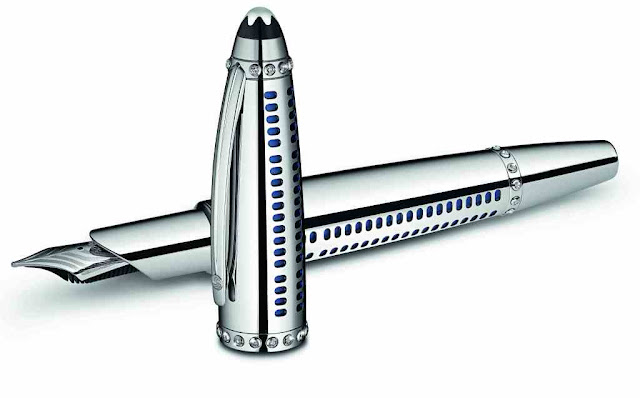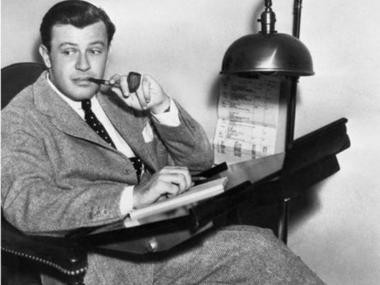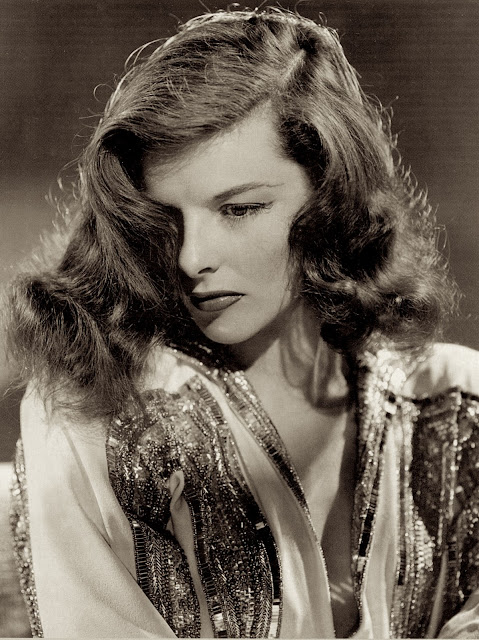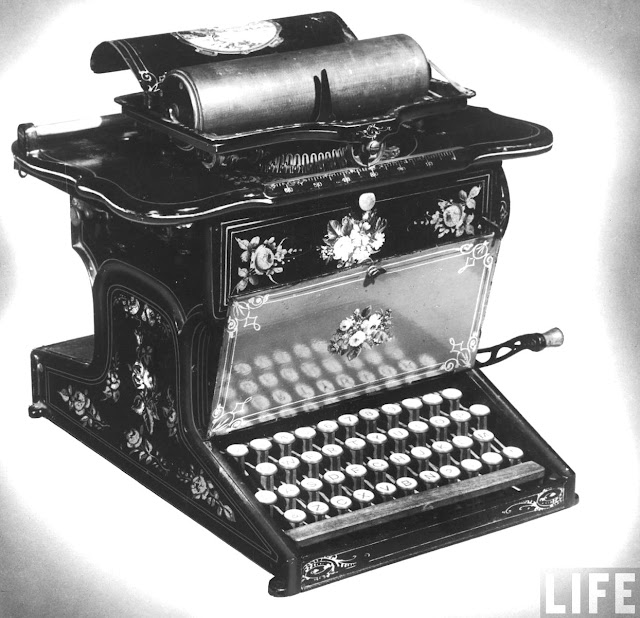 |
| Screenwriter-director, Billy Wilder with Marilyn Monroe. |
No one knows this, but I once checked out two library books and forgot to take them back. The books were screenplays for two films from 1950: "All About Eve", and "Sunset Boulevard". I remember walking along the stacks in the Fine Arts Department of the Cleveland Public Library to find them. Back in those days, there was only the main building and you had to take the stairs up to the Fine Arts Department. Michel Hazanavicius won the Oscar for Best Director, for the film, "The Artist". The Hollywood Reporter post-Oscar wrap-up included the following: "Hazanavicius thanked the late, multi-Oscar winner Billy Wilder three times, presumably for helping provide the inspiration for revisiting the days of silent cinema, even if Wilder never directed a silent film." Billy Wilder just happens to be another of those writers whose work I adore. When I read Maurice Zolotow's "Billy Wilder in Hollywood", I knew I had come across a kindred spirit. Wilder had worked as a reporter in Vienna--what could be more heavenly? He then moved to Germany where he worked for a larger newspaper until Adolph Hitler came to power in 1933. Soon, he arrived in Hollywood. He spoke no English. His partnership with writing partner Charles Brackett resulted in some of cinema's finest films--comedies like "Ninotchka" starring Greta Garbo, and later, Wilder would write and direct one of my favorite dark films, "Lost Weekend". When my Academy Awards volume for 1950 arrived I was surprised to learn that Billy Wilder's "Sunset Boulevard" (#12 on the American Film Institute's Top 100 Films) had won Best Picture over Joseph Mankiewicz's, "All About Eve". Great writers pen classic scripts.
 |
| Writing partners, Charles Brackett (l) and Billy Wilder (r) with "Sunset Boulevard" star, Gloria Swanson. |
One Saturday afternoon, I rode the St. Clair bus downtown to visit my library. I remember checking out many scripts and biographies. Carrying a bag of books was still cool at that point in my life. I don't remember returning the books. I do recall finding the two screenplays behind my bed one day. I had no idea how long they had been back there. I was shocked that I hadn't gotten a notice from the library. I didn't know what to do. I was afraid that they would make me pay for the books and I knew didn't have the money. One day I happened to be looking through my books when I discovered the scripts--years had passed. Of course, I spent the next week devouring the words and as luck, no fate would have it, it was spring and TCM was airing the classic Best Picture winners and nominees. I watched both films thinking how well Wilder's work had stood up over time. Later in the week, "Lost Weekend", and "Double Indemnity" both aired.
I should mention that Wilder's cache grew exponentially when journalist-turned-screenwriter and director, Cameron Crowe spent a year talking to the director. The resulting "Conversations with Wilder" is a classic. Two of my writing heroes (reporters-turned-screenwriters) together in one volume. Crowe, another kindred spirit got it--Wilder was the man. After last Sunday's Academy Awards, I think we all know that everything old is cool again, at least where Billy Wilder is concerned.
One of my favorite Wilder quotes is: "I was not a guy writing deep-dish revelations. If people see a picture of mine and then sit down and talk about it for 15 minutes, that is a very fine reward, I think."












